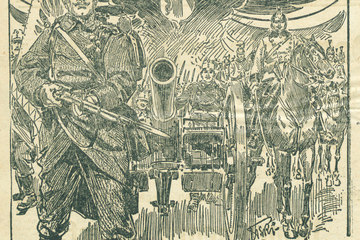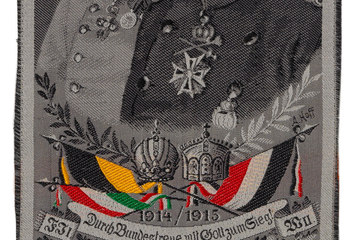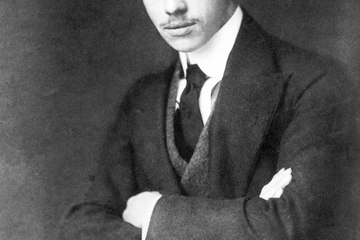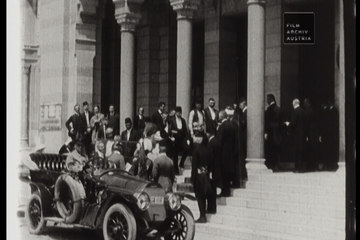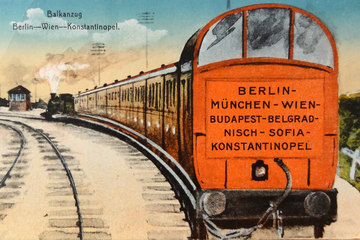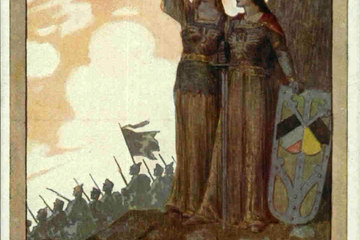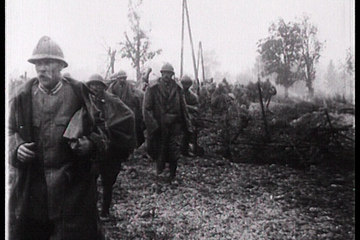Austria-Hungary and Germany: complicated relations
Vienna and Berlin became closely associated following the Dual Alliance of 1879, although the Habsburg Monarchy was the junior partner. Its dependence in terms of foreign policy became all the more clear after the political unification of Germany in 1871 made it the dominant power in Central Europe. In domestic policy as well, dependence on the Hohenzollern empire made the German element predominant in the multi-ethnic state. The German-speaking populations were split in their identification with Austria and Germany.
When war broke out, the relationship between Germany and Austria was reduced to the slogan “Nibelung loyalty”. This much-vaunted mythical community concealed the reality, which was characterised by mutual mistrust in view of the absence of military success and competing war aims. During the war the exhausted Habsburg Monarchy became heavily dependent both militarily and economically on the German Empire, which ultimately led to a loss of independence in military and foreign policy.




